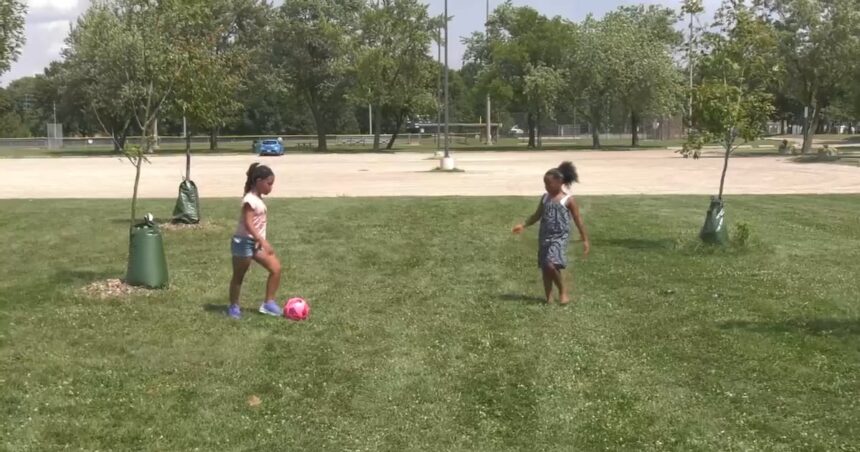A youth soccer match in Windsor, Ontario descended into chaos this weekend when parents and spectators allegedly hurled verbal abuse from the sidelines, leaving children distressed and community members calling for better oversight of sporting events.
The incident, which occurred during a U12 recreational league match at Ford Test Track park on Saturday afternoon, reportedly involved multiple adults shouting derogatory comments at both players and referees. According to witnesses, the situation escalated when one parent began criticizing not only the opposing team’s performance but also making personal remarks about specific children.
“I’ve been coaching youth sports for over a decade, and this was beyond anything I’ve seen before,” said Michael Harding, who was present at the match. “These are 11-year-old kids just trying to enjoy a game. The verbal aggression from certain adults was completely inappropriate.”
The Windsor Youth Soccer Association has launched an investigation into the allegations after receiving multiple complaints from parents and spectators. The organization’s code of conduct explicitly prohibits abusive behavior toward players, coaches, officials, and other spectators.
Sarah Kowalski, whose son plays on one of the teams involved, told CO24 that several children were visibly upset following the match. “My son came off the field asking why adults were so angry about a game. He didn’t even want to talk about how he played—just about why grown-ups were yelling.”
This incident highlights growing concerns about parental behavior at youth sporting events across Canada. A recent survey by Canada Soccer found that 64% of youth referees cited verbal abuse from parents as a primary reason for quitting the sport, contributing to a nationwide shortage of officials.
Dr. Emily Chen, a child psychologist specializing in youth athletics, emphasized the potential long-term impacts of such environments. “When children witness adults modeling aggressive behavior at sporting events, it not only diminishes their enjoyment but can fundamentally alter their relationship with physical activity and competition,” she explained. “Many children simply stop participating rather than endure such toxic environments.”
The Windsor Police Service confirmed they were called to the scene after the situation escalated, though no charges have been filed. Sergeant Thomas Wilson noted this wasn’t an isolated incident: “Unfortunately, we’re responding to more calls regarding disruptive behavior at youth sporting events every year.”
The Windsor Youth Soccer Association board will meet this week to discuss potential new measures, including mandatory parent conduct workshops and increased security at matches. Association president Janine Martinez stated, “We’re committed to creating a safe environment where children can develop both as athletes and individuals. Behavior that undermines this goal cannot be tolerated.”
As Canadian communities struggle with similar incidents across various youth sports, the question remains: how do we balance parental investment and enthusiasm with appropriate sideline behavior, ensuring youth sports remain a positive experience for the children they’re designed to serve?























